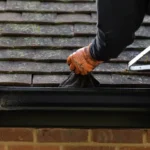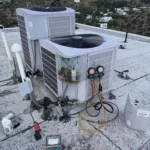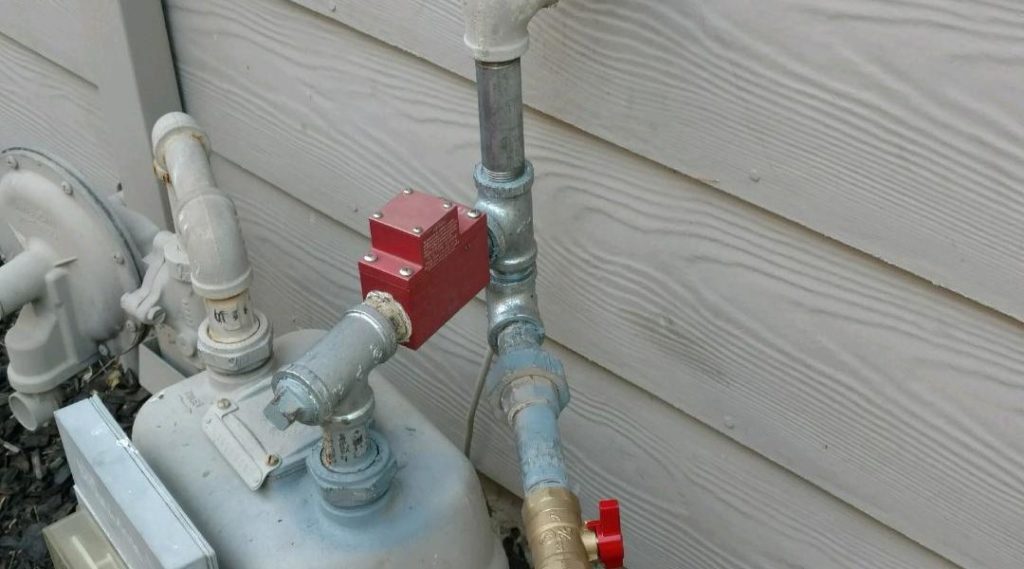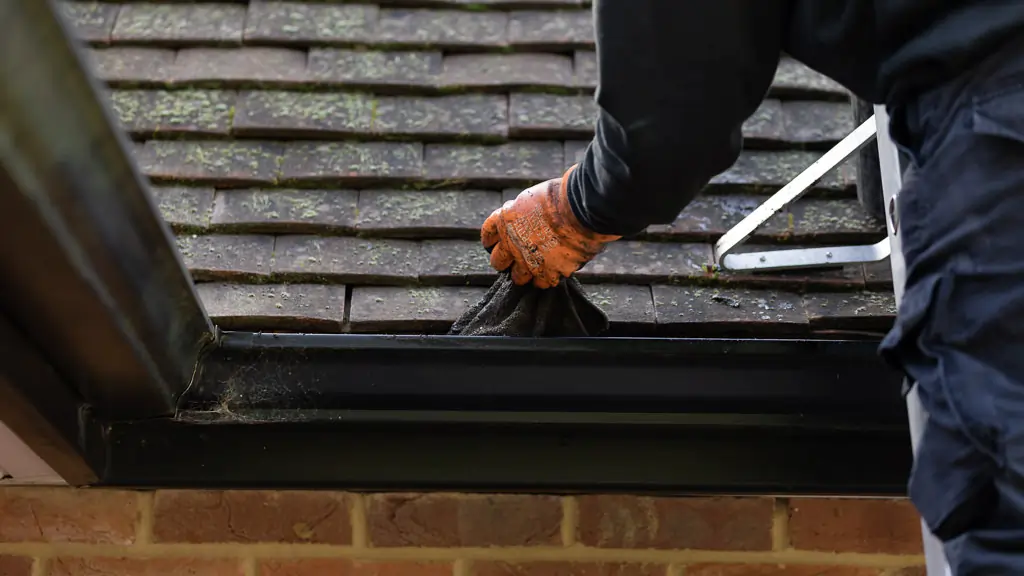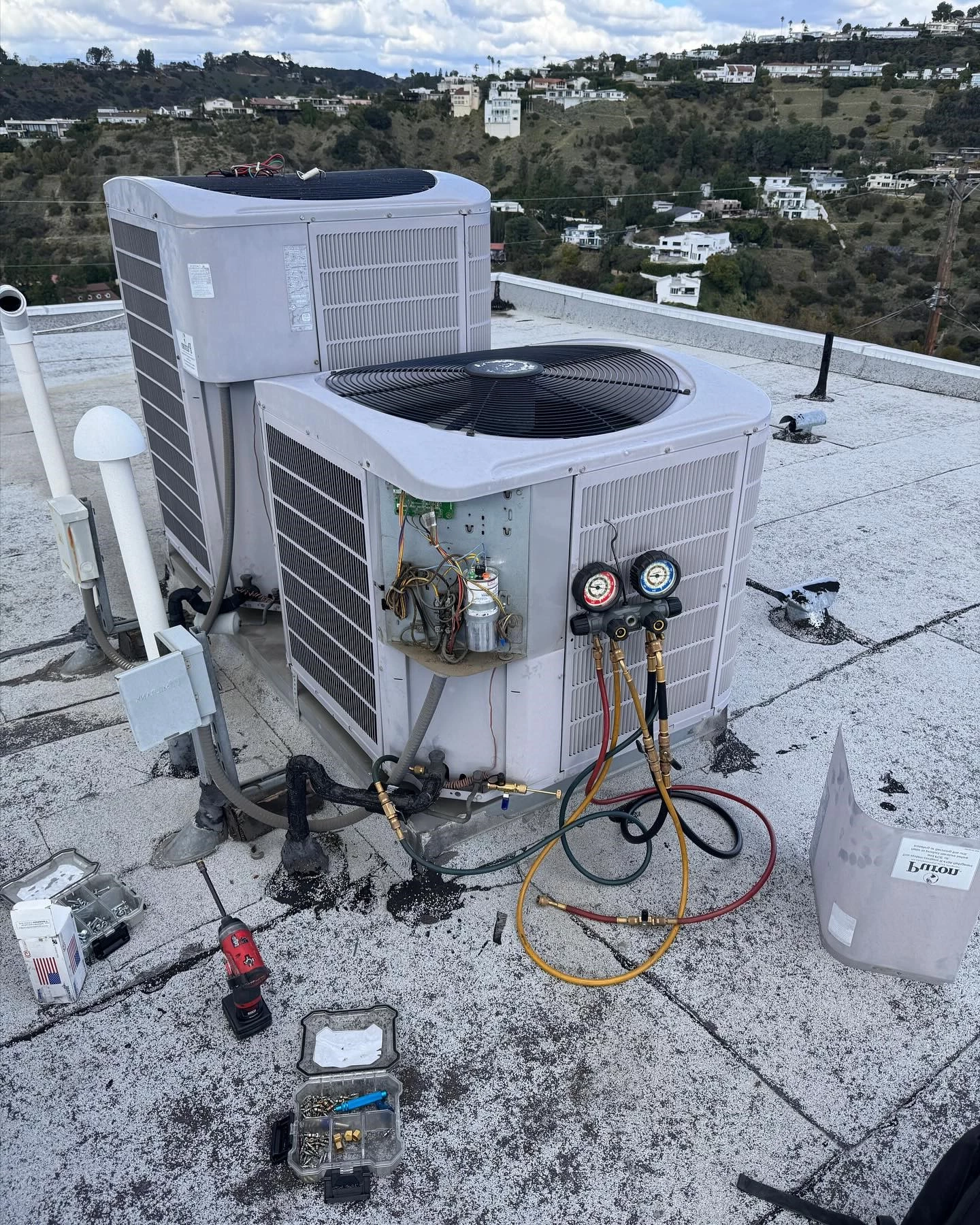When an earthquake strikes, it’s important to ensure the fundamental aspects of your home are secure and safe. Not only does this mean the foundational elements of the house like the walls, ceilings, shelves, and other items, it includes things you might not think about. For example, the gas in your home. That’s why an earthquake valve is a crucial tool to have in your home, especially if you live in an area with frequent earthquakes.
An earthquake valve, or seismic gas shutoff valve, is an automated gas safety device that is installed on your house’s gas meter that shuts off the gas supply entering the structure, generally in the event of an earthquake with a magnitude of 5.2 or bigger. This is crucial to help mitigate or eliminate the risk of a fire or explosion due to a gas leak in your home in the event of an earthquake, which happens more often than you might think.
How Does It Work?
An earthquake valve senses pressure under the diaphragm by what is called the impulse line. If the pressure increases, the diaphragm lifts a spring up as it lifts itself. When the spring reaches a particular measurement point, the valve latch releases, which then closes the gas line and shuts off the gas supply. This eliminates the risk of fire or explosion, or a gas leak, which can be dangerous on its own.
Who Should Have An Earthquake Valve?
According to the U.S. Department of Homeland Security, while earthquakes are known to occur anywhere without warning, areas at higher risk for earthquakes include Alaska, California, Hawaii, Oregon, Puerto Rico, Washington, and the entire Mississippi River Valley. If you live in any of these areas, it’s important to have an earthquake valve installed in your home, although it’s a good idea to have one no matter where you live.
Are There Added Benefits to Having An Earthquake Valve?
Aside from protecting you, your loved ones, and your home, having an earthquake valve comes with a few added benefits as well. The first is it eliminates potential human error and saves time. In the chaotic event of an earthquake, the last thing you need to worry about is the gas line. You need to get yourself to a safe location and wait it out.
The automated valve process eliminates your need to shut the gas off manually. Also, if damage happens to the home, you might not be able to reach your gas lines yourself. Lastly, if you live in an earthquake-prone area, chances are you have earthquake insurance. Having an earthquake valve, while it will cost you in the beginning, will likely bring down your insurance rates, and can eliminate the possibility of fire or explosion damage on top of earthquake damage.
Conclusion
An earthquake valve is an essential tool for homes and businesses to reinforce their security in the event of an earthquake. A gas leak itself is already dangerous, but a fire or explosion could cause irreversible damage to a structure.
While it’s a good idea for any home to have an earthquake valve, it’s particularly important to have one in earthquake-prone areas or hot spots, such as California. It’s all about peace of mind during a disastrous event. An earthquake valve helps eliminate additional catastrophes.











